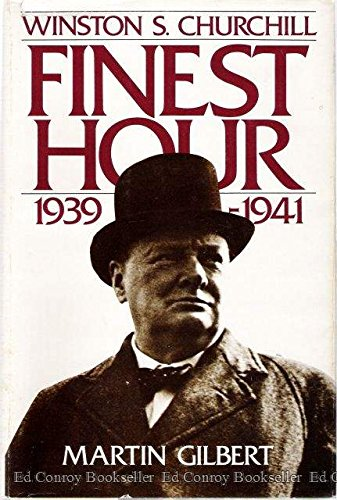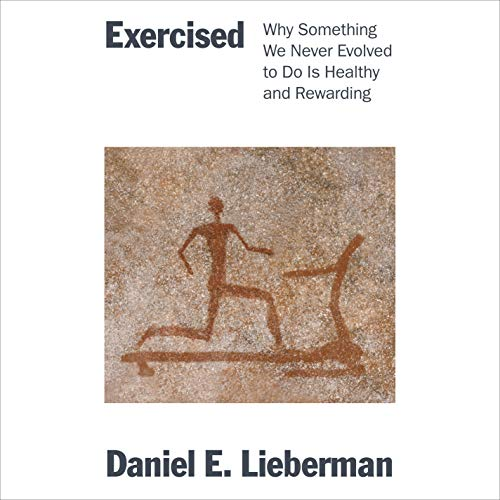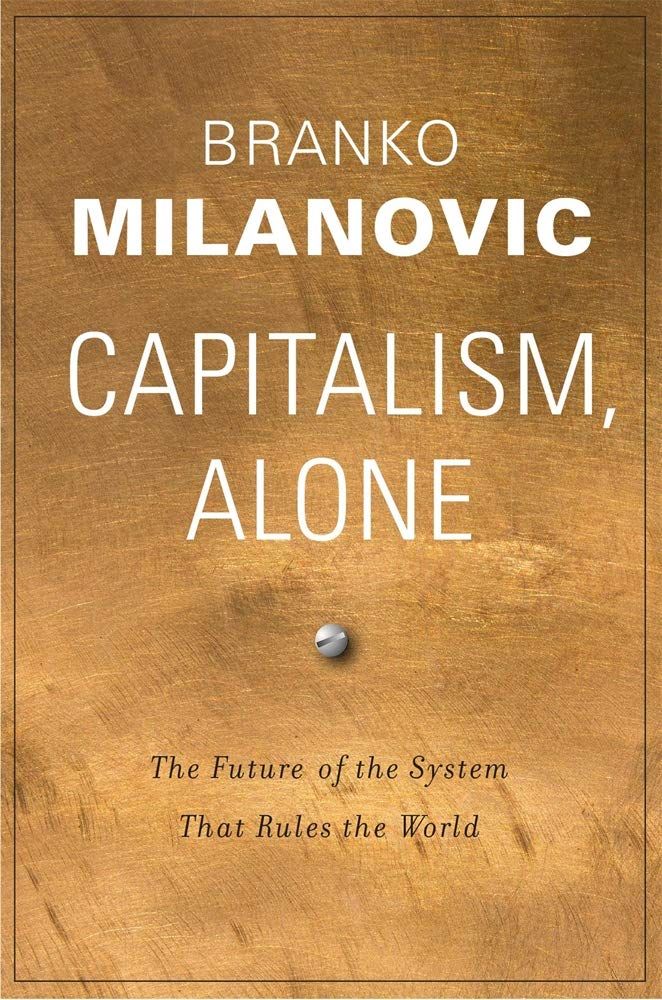What are you reading now?
-
With all that has been happening in 2020, I am reviewing/re-reading a couple of old books. One covers the Great Plague of London in 1665 and the other talks about the Black Death. Both are kind of "academic style", which makes them a bit boring, especially The Black Death book. Too much "in town X, these are the statistics of who died, who lived, etc" For me, not enough background and making the people and times seem "alive.
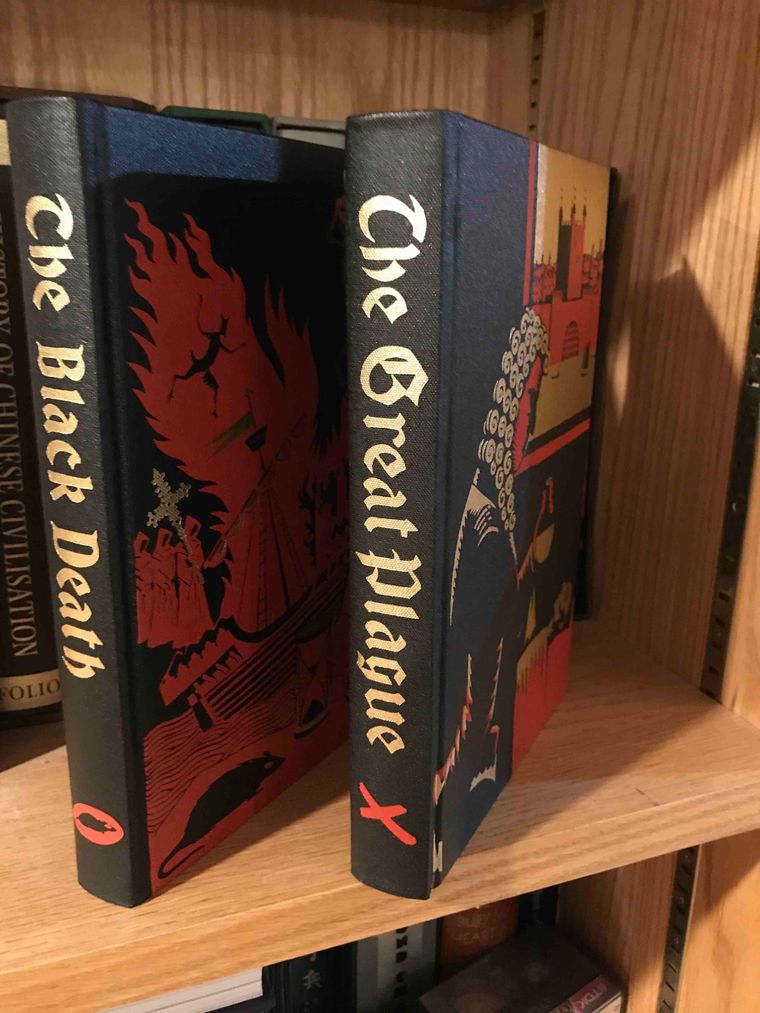
-
Anyone read the "Broken Earth" trilogy? Someone just gave it to me, but it's a fair bit of pages.
Curious if I should queue it up next or put it on the backburner.
Also - as far as fantasy trilogies go, has Rothfuss said anything about Doors of Stone yet?
-
Anyone read the "Broken Earth" trilogy? Someone just gave it to me, but it's a fair bit of pages.
Curious if I should queue it up next or put it on the backburner.
Also - as far as fantasy trilogies go, has Rothfuss said anything about Doors of Stone yet?
@xenon said in What are you reading now?:
Also - as far as fantasy trilogies go, has Rothfuss said anything about Doors of Stone yet?
It's somewhere between "I know what the story will be" and on the bookshelves, last I heard.
-
Any cavers here?
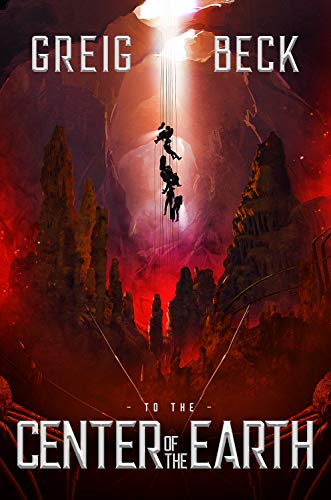
After learning of a centuries-old manuscript that contains the passage to the center of the Earth, caving expert Mike Monroe risks it all to follow the path. But what he finds there will alter everything he knows about the world…
-
Any cavers here?

After learning of a centuries-old manuscript that contains the passage to the center of the Earth, caving expert Mike Monroe risks it all to follow the path. But what he finds there will alter everything he knows about the world…
@catseye3 said in What are you reading now?:
Any cavers here?

After learning of a centuries-old manuscript that contains the passage to the center of the Earth, caving expert Mike Monroe risks it all to follow the path. But what he finds there will alter everything he knows about the world…
Is "unobtainium" a thing in that story?
-
Still kind of working on my previous books on teh black death, but am taking a break for "lighter" reading.
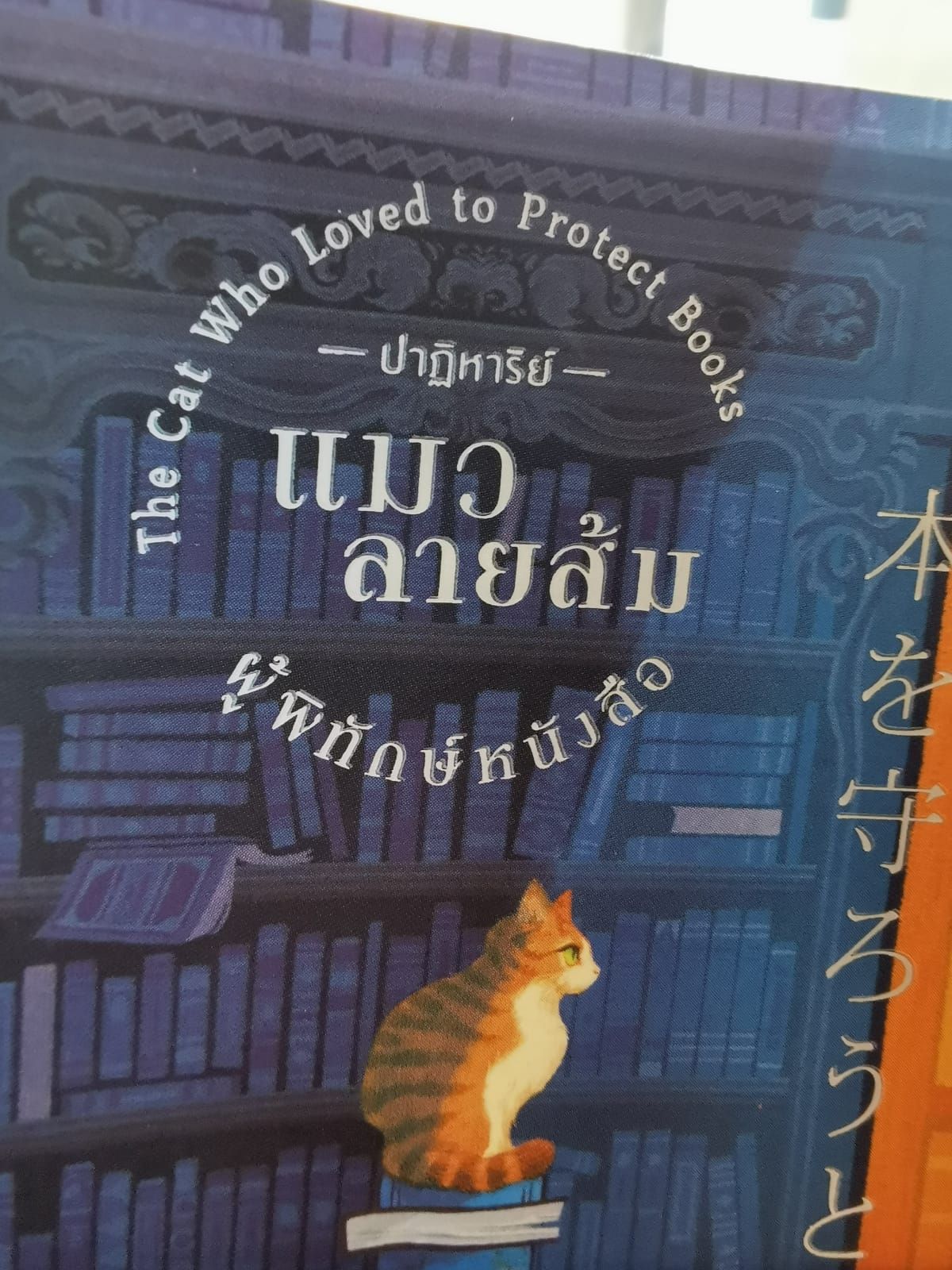
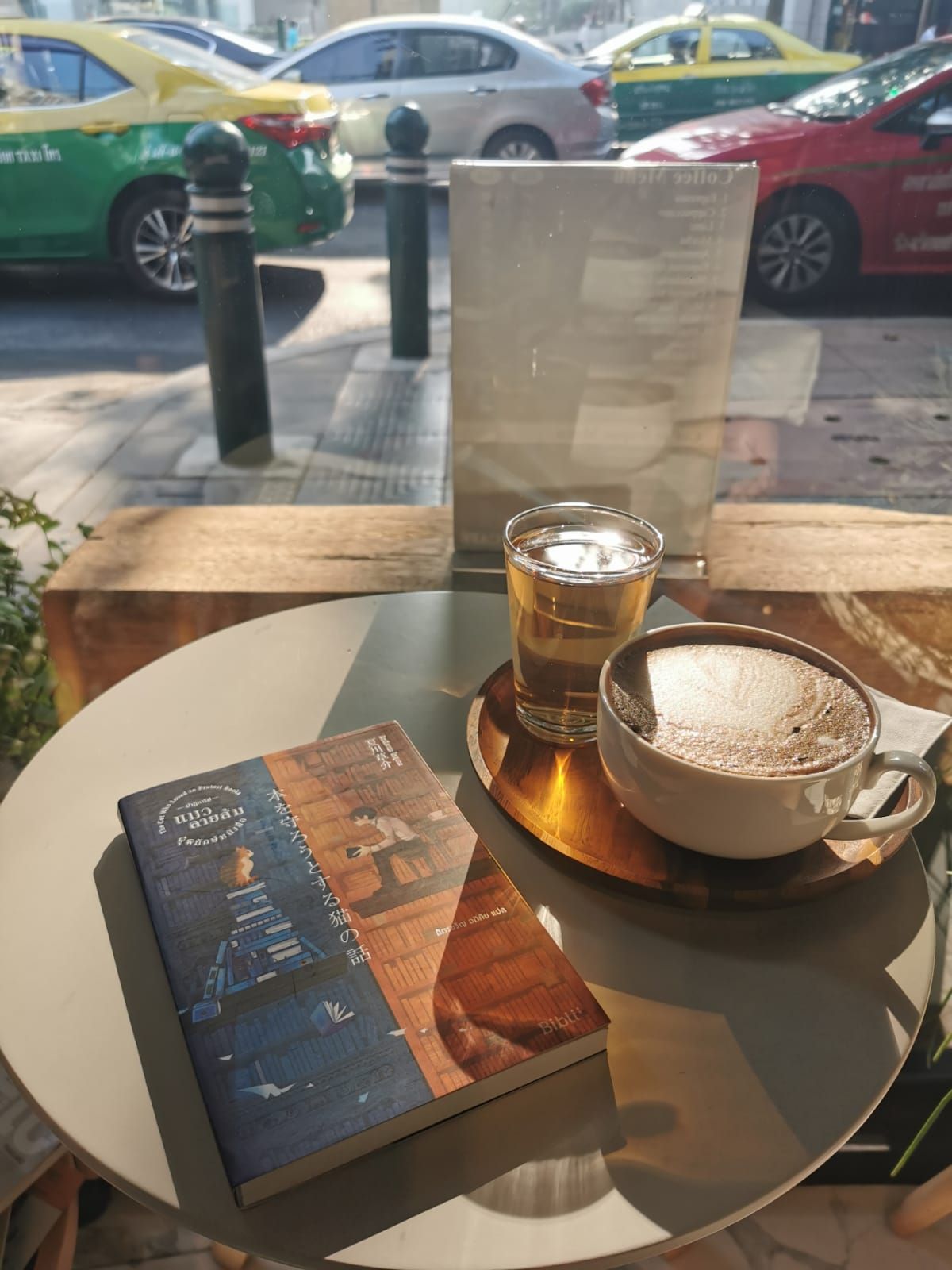
So far, a cute book. It is a Japanese book about a boy who inherits a bookstore from his grandfather and is not sure he can keep it running. He finds a talking cat to help him. LOL
-
Good story, but very much a place holder for the last part of the trilogy.
Gonna take a Dune break and dive into Revelation Space (Alistair Reynolds). I did the first stories of this universe (short stories, all) and liked what he's setting up.
I'm going to go chronological, not in terms of publication, but in terms of the story.
So, up next:

Tom Dreyfus is a Prefect, a law enforcement officer with the Panoply. His beat is the multifaceted utopian society of the Glitter Band, that vast swirl of space habitats orbiting the planet Yellowstone, the teeming hub of a human interstellar empire spanning many worlds. His current case: investigating a murderous attack against one of the habitats that left 900 people dead, a crime that appalls even a hardened cop like Dreyfus. But then his investigation uncovers something far more serious than mass slaughter---a covert plot by an enigmatic entity who seeks nothing less than total control of the Glitter Band. Before long, the Panoply detectives are fighting against something worse than tyranny, in a struggle that will lead to more devastation and more death. And Dreyfus will discover that to save what is precious, you may have to destroy it.
@george-k said in What are you reading now?:

Tom Dreyfus is a Prefect, a law enforcement officer with the Panoply. His beat is the multifaceted utopian society of the Glitter Band, that vast swirl of space habitats orbiting the planet Yellowstone, the teeming hub of a human interstellar empire spanning many worlds. His current case: investigating a murderous attack against one of the habitats that left 900 people dead, a crime that appalls even a hardened cop like Dreyfus. But then his investigation uncovers something far more serious than mass slaughter---a covert plot by an enigmatic entity who seeks nothing less than total control of the Glitter Band. Before long, the Panoply detectives are fighting against something worse than tyranny, in a struggle that will lead to more devastation and more death. And Dreyfus will discover that to save what is precious, you may have to destroy it.
This was a fun read. Very complicated story, built in a totally unique "universe." I enjoyed it thoroughly.
That said, I picked up the sequel last week and finished it yesterday:

Perhaps not quite as engaging as the first book, but it was worth the time. It's definitely not a "stand-alone" book, because so many of the concepts are laid out in "The Prefect." Nevertheless, a good ride.
-
Meanwhile, being a huge Scalzi fan, I decided to refresh my memories of this:
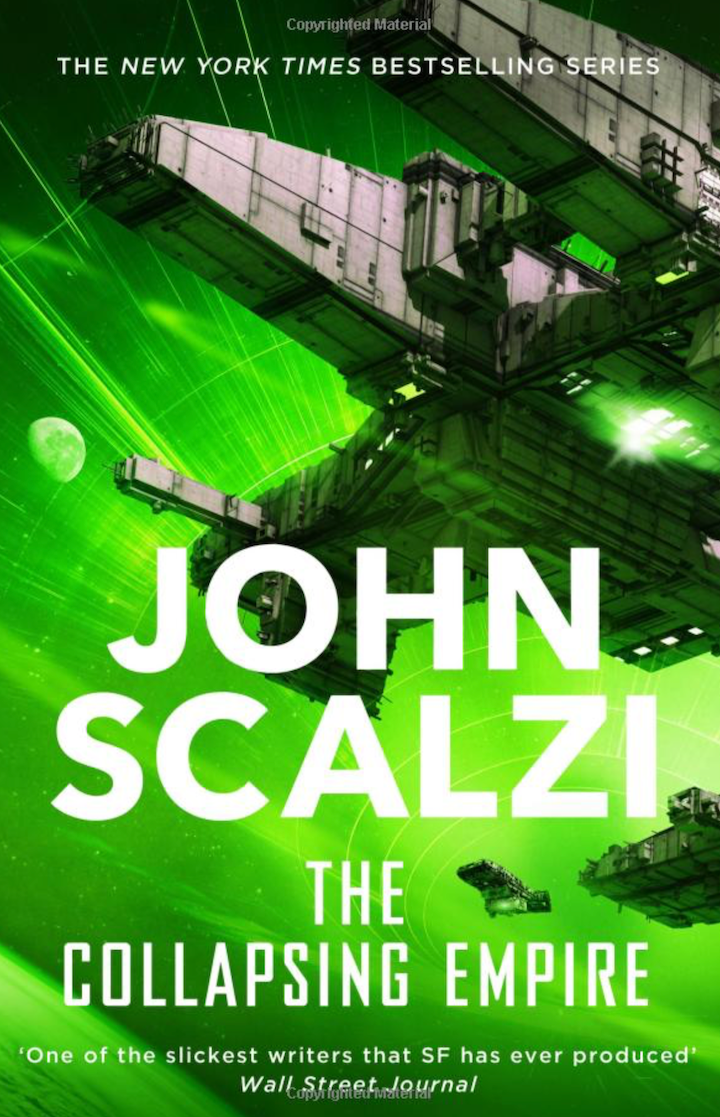
"The Interdependency is a thousand-year-old human empire of 48 star systems connected by the Flow, a network of "streams" allowing faster-than-light travel. Each stream is one way and has an entry point and an exit point. There is no faster-than-light communication faster than the Flow, and interstellar trips are not instantaneous—ships carrying mail or passengers from Hub, the capital of the empire and the system with the most Flow connections, arrive at End, the most distant, nine months later—but the network permits life-sustaining intersystem trade. As a natural phenomenon, the Flow is poorly understood; Earth disconnected from the network thousands of years ago, and civilization on another system collapsed more recently when its pathway suddenly closed."
I finished it this weekend, and hungry for more, I started the sequel, "The Consuming Fire" this morning:
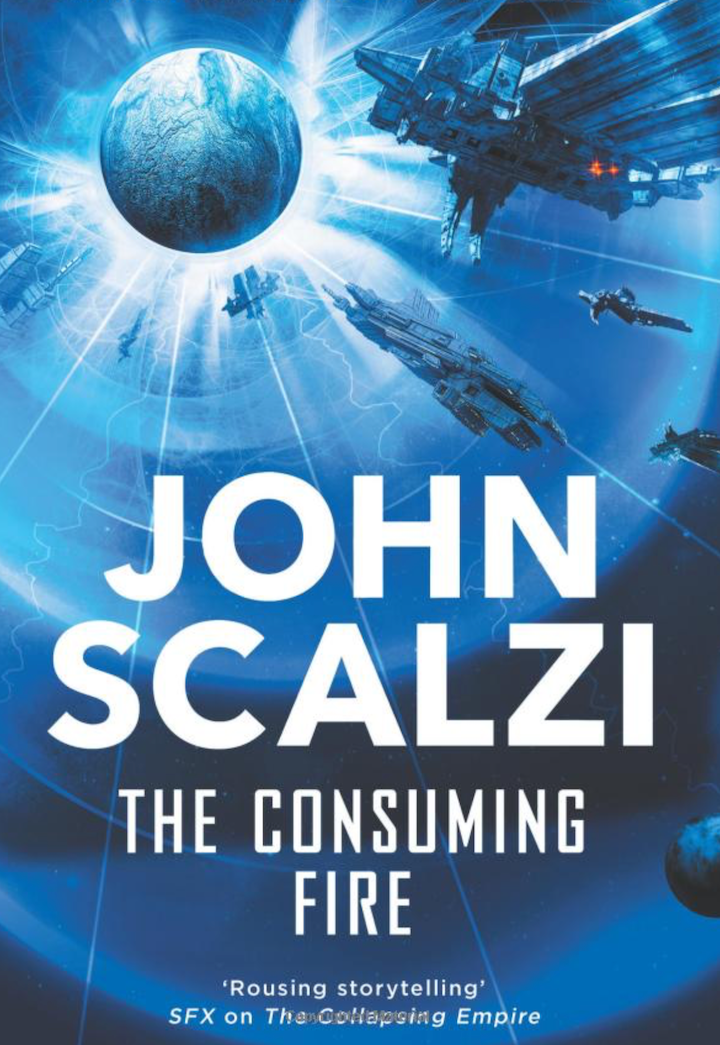
I'm about a quarter of the way through it.
I love, LOVE, Scalzi's writing. It's snappy, smart, witty and ironic.
Neither of these books has disappointed in any way.
-
@George-K said in What are you reading now?:

Great tale. Wonderful world-building that expands on the short stories that I read before. Long and intricate, without being confusing.
I'm going to go thru the "Revelation Space" universe in chronological (not published) order. The short stories and novellas have given enough background to make it understandable.
But...up next, to finish the trilogy:

@george-k said in What are you reading now?:
I'm going to go thru the "Revelation Space" universe in chronological (not published) order. The short stories and novellas have given enough background to make it understandable.
Yeah. Reading them in chronological order is definitely worth the effort. Reynold's world-building is great. He has a very unique style - sometimes first-person, sometimes third-person.
Just started this the other day:
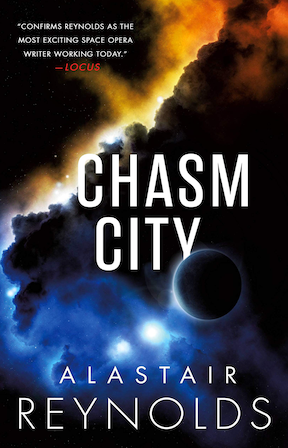
"The once-utopian Chasm City -- a domed human settlement on an otherwise inhospitable planet -- has been overrun by a virus known as the Melding Plague, capable of infecting any body, organic or computerized. Now, with the entire city corrupted -- from the people to the very buildings they inhabit -- only the most wretched sort of existence remains. For security operative Tanner Mirabel, it is the landscape of nightmares through which he searches for a lowlife postmortal killer. But the stakes are raised when his search brings him face to face with a centuries-old atrocity that history would rather forget."
-
Calibans war. Expanse part 2.
-

Have had this on my list for a while, recommended by a friend living in Japan who knows I like Gabriel Garcia Marquez. Curious if anyone else has read this? Enjoyable so far, and I know at some point things will be taking a weird turn. -
I am in the last book of The Wheel of Time (Audio Books)... I think it's over 300 hours I've put into this series over the last few months...
-
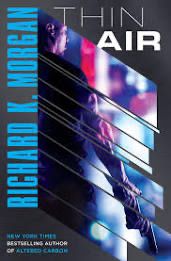
Cyberpunk detective story, like all his other ones. And it's at least as awesome.
 Something you can just burn through in a weekend.
Something you can just burn through in a weekend. -
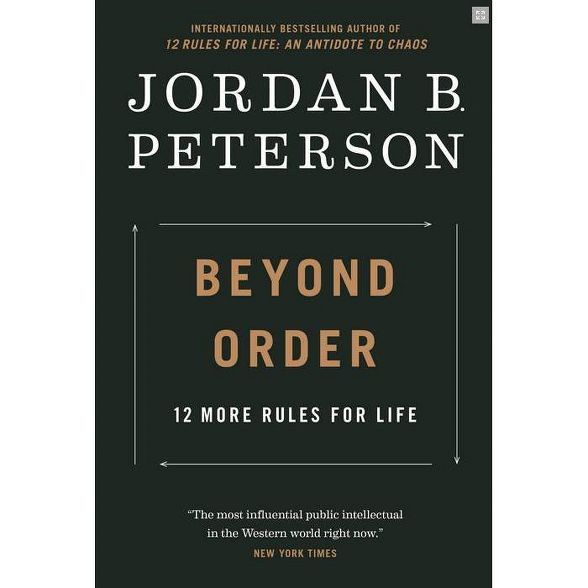
-
@aqua-letifer started reading it yesterday. What do you think?
-
@aqua-letifer started reading it yesterday. What do you think?
@klaus said in What are you reading now?:
@aqua-letifer started reading it yesterday. What do you think?
Interesting to hear the fleshed out story behind his health issues, and how he handled the timing of the publication in the midst of the pandemic.
Aside from that, as always his insights about the nature of storytelling, its importance, and how it works as a process are very sharp and much appreciated. (The humanities would be very well served by following a more structuralist model, but ah well, what are you gonna do.)
Only read the first chapter so far but it's been good.
What do you think? How far are you?
